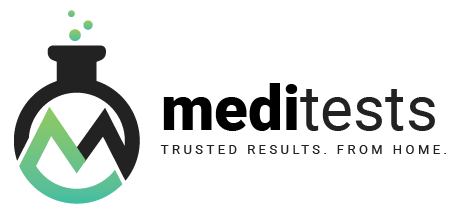Drug testing has become a common practice, especially for government employees and private-sector workers. It's typically done to maintain workplace safety and reduce risks associated with drug use, such as accidents, injuries, and even fatalities. In this article, we’ll explain what drug testing is, who is affected, and how your rights are protected throughout the process.
What Is Drug Testing and Why Is It Done?
Drug testing refers to the process of analyzing bodily substances (like urine, blood, or saliva) to detect the presence of drugs. It's often mandatory for government employees —whether state, federal, or national. Private companies also conduct drug testing, especially for new employees or through random screenings at regular intervals.
The main reasons for drug testing include:
- Safety: Preventing workplace injuries or accidents caused by impaired employees.
- Crime Prevention: Reducing drug-related violence and other crimes in the workplace.
- Health Concerns: Addressing the impact of drug abuse on physical and mental health.
Who Can Be Tested?
- Government employees : Drug testing is often required for government jobs, as it's crucial for ensuring safety and integrity in public services.
- Private sector employees : Private companies can implement drug testing, usually during hiring or through random checks on employees.
Your Rights During the Drug Testing Process
Many people view drug testing as an invasion of privacy. However, the law protects your rights during the process. Here’s what you need to know:
- Consent and Notification : Before testing, you will typically sign a consent form that indicates your willingness to participate.
- Qualified Personnel : Testing must be carried out by qualified professionals, such as registered nurses or laboratory-trained staff , to ensure accuracy and reliability.
- Privacy Protection : The results of your drug test are confidential. By law, they must be kept private for at least three years .
- Transparency and Supervision : A representative from your company and local union (if applicable) may be present during the test to ensure fairness and transparency.
Types of Drug Tests and Sample Collection Methods
Drug tests can be performed on different bodily substances. These are the most common types:
- Urine : The most commonly used method.
- Saliva (oral fluid) : Used for short-term detection of drugs.
- Blood : A more precise but less common method.
- Sweat : Less common, often used for long-term monitoring.
- Hair : Can detect drug use over a longer period.
What Happens If You Test Positive?
If your initial test comes back positive, you will be asked to undergo a second test to confirm the result. This second test is typically more thorough and conducted in a certified laboratory to reduce the possibility of contamination.
If the second test also shows a positive result, you will be informed and may be required to seek rehabilitation services. Both private and public facilities , as well as NGOs , offer rehab programs to help individuals address substance abuse.
Legal Protection and Confidentiality
The law ensures that your rights to privacy are respected throughout the drug testing process. Testing facilities must follow strict guidelines to protect your personal information. Additionally, if the results are shared, they must be kept confidential for a minimum of three years .
Conclusion: Balancing Safety with Privacy
Drug testing is an essential tool for maintaining safety in the workplace, especially in government and high-risk private-sector jobs. However, the law ensures that your rights to privacy and fair treatment are upheld throughout the process. If you are subject to drug testing, knowing your rights and understanding the process can help you navigate it with confidence.
If your test result is positive, there are support systems available to help you with rehabilitation, ensuring a fair chance at recovery.



















































































